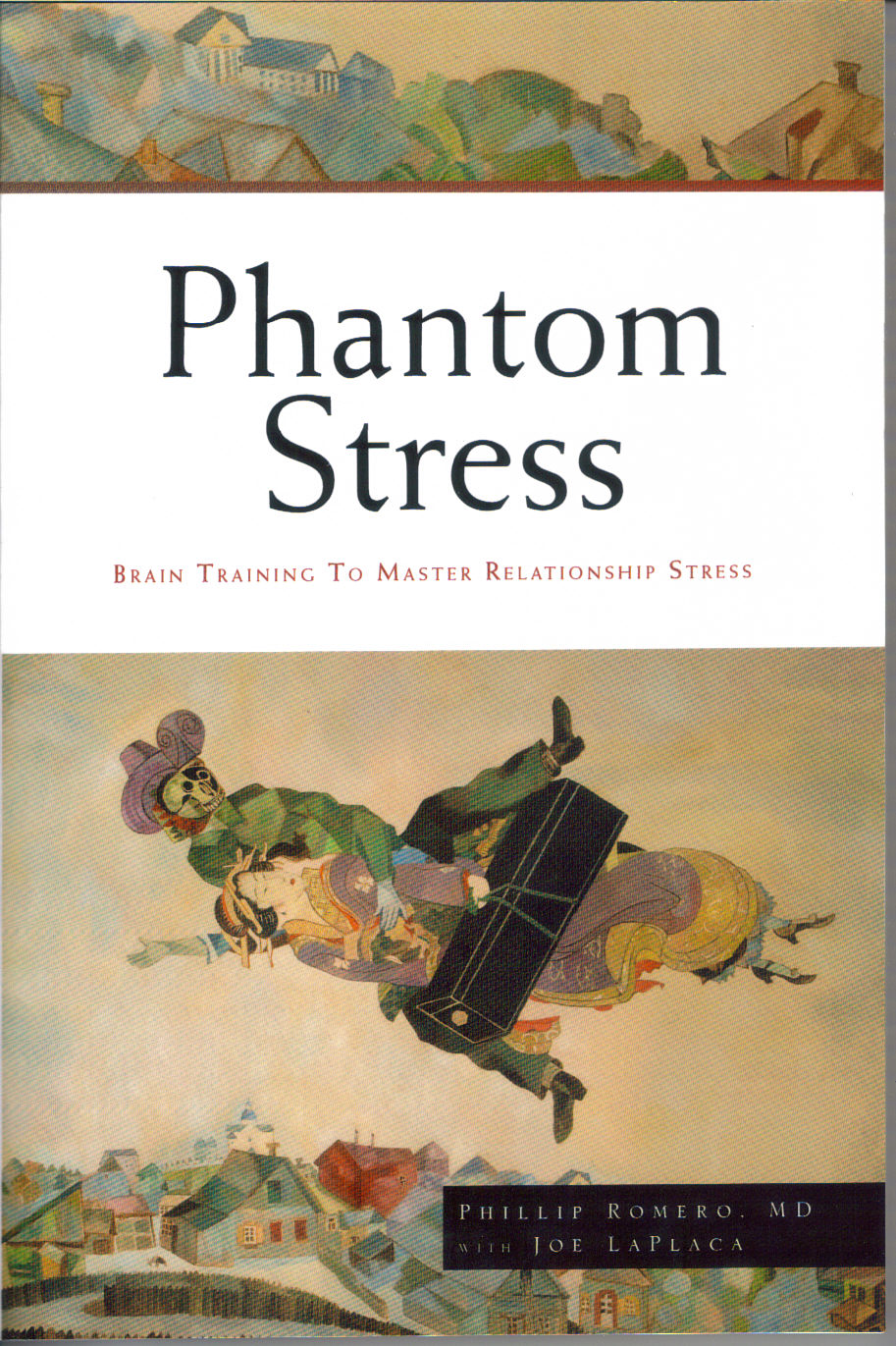Logosoma Brain Training focuses on three goals for attentional training.
First is just to relax, to recover from the daily stress triggers. This can be accomplished by a simple, repetitive focus on breathing or counting, also called “the relaxation response.”
Second is to focus on two questions to distinguish your false self from your true self: What am I afraid of? What are my wishes?
Third is to cultivate a sense of deeper personal meaning by focusing on benevolent concepts like compassion, forgiveness, acceptance, gratitude, connectedness, and impermanence.
Mindful awareness is not a “mystical” exercise. You do not have to sit in a lotus position, but you might want to consider using a scented candle to enhance your memory and relaxation. Mindful awareness is an introspective and repetitive practice. Mindful awareness focuses your conscious attention inward, toward the flow of your own mental and emotional processes. By learning to observe your own thoughts like an independent spectator, you will begin to gain a sharpened awareness of exactly what you are thinking and feeling. Mindful awareness is critical to Logosoma Brain Training, to the building of new attitudes, habits, and language that will retrain your brain and reshape your connections with others.
The logosoma practice of mindful awareness is based on ancient meditation techniques from the Far East and the exciting new discovery of neuroplasticity, the brain’s built-in ability to rewire itself and form new neuronal connections. In recent years, neuroscientists have proven your brain is not fixed but can actually be remodeled. Through focused attention over time, you can rewire your brain’s synaptic connections.
Neuroplasticity makes it possible for you to break old destructive habits by rewiring your brain to develop a new resilient sense of authenticity in your identity, longer lasting love with your mate, and emotionally secure bonds with your family and social network. This is exactly how emotional healing in psychotherapy works. By retelling your story, remembering old wounds, reflecting on patterns of self-sabotaging behaviors and initiating new life patterns based on your wishes, you begin to rewire your brain to become your true self.

Follow us here and subscribe here for all the latest news on how you can keep Thriving.
Stay up to date or catch-up on all our podcasts with Arianna Huffington here.


